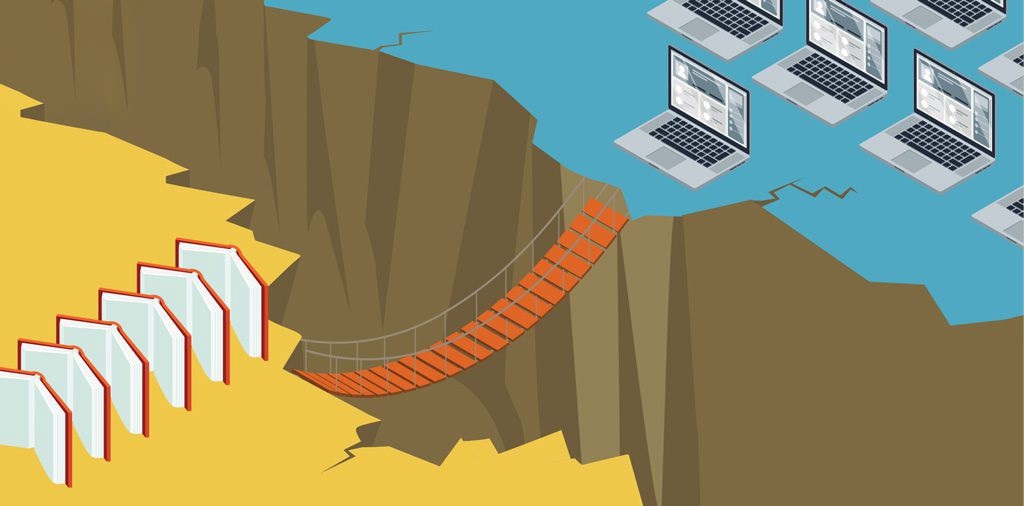By; Wanjiku Kang’ethe
Acknowledging that greater female participation in the digital economy will lead to more solid economic growth, the declaration issued by ministers at the G20 Digital Economy Ministerial Meeting in Salta, Argentina, contains an annexe with proposals to help reduce the digital gender divide.
The digital divide is a manifestation of exclusion, poverty and inequality and continues to be exacerbated due to the effects of unemployment, poorly functioning digital skilling programmes and socio-cultural norms in some economies, depriving women equal access to digital services.
Despite exponential growth in Internet and mobile usage across Africa, African women are much less likely to get online than men. This gap, reported to be as great as 45 per cent in sub-Saharan Africa, could be hindering the continent’s economic growth—especially in the agricultural sector, where women make up the bulk of the workforce. Increasing the digital literacy of African women could have an immediate impact on the agricultural sector, where information communication technologies (ICTs) already have played a role in increasing crop yields and boosting farm incomes. Survey respondents in the E-Learning Africa Report attributed the digital gender gap to the inaccessibility and unaffordability of technology, as well as to individual women’s lack of confidence in using it.
In the past two decades, there has been a lot of talk about the transformative power of technology in society, yet little attention has been paid to an emerging digital gap. Though Africa has recently seen rapid growth in Internet access, women are vastly underrepresented in technology. The rise of cybercafés has benefited men more than women because boys and men have more freedom of movement to get to the cafes and have more access to make and spend money at them.
There is a disturbing trend of cyberbullying experienced by young women. They also find it difficult to access technology because of cultural restrictions and their lower status in society.
Because women face barriers such as poverty, illiteracy, and discrimination when getting training and education, we are witnessing the rise of a second digital divide.
It is important to understand that technology and access to the Internet are essential to women’s empowerment across the continent and it is key to overcoming these barriers in the first place.
Gender inequality remains deeply entrenched in many African societies. Many women and girls still do not have equal opportunities despite this being enshrined in the law. Yet Information and communication technologies are important tools for advancing gender equality, women and girl’s empowerment, and a more equitable and prosperous world.
Becoming technologically skilled can play a major role in getting jobs, being competitive in the job market and enable these women to pull themselves out of poverty. It is clear that if this group is ignored, problems such as economic dependency, violence against women, and low self-esteem will continue to be perpetuated.
As an advocacy method, ICT can help empower African women to demand true reform that will bridge the gap between their legal rights and their enforcement. It gives women the opportunity to communicate their needs in their own ways, in real-time and on a massive scale. Online technology also offers anonymity, which is absolutely essential when speaking out on sensitive issues might endanger a woman’s safety. ICT is a limitless platform for women’s grassroots organizations so they have a collective voice in public, thus enabling them to make their voices heard more clearly.
Girls and women must be supported in becoming technologically competitive and they must gain a proper understanding of how to use it safely and effectively. With Africa’s growing youth population and increasing competition for jobs and other opportunities, addressing these issues is imperative in any effort to promote women’s employability and financial independence.
At KsGEN, we believe bridging this gap more girls and women will be empowered and will eventually shape the future. We must expose girls and boys to role models in non-traditional fields — such as female engineers or male careers — and give women the chance to tell their own stories through programmes such as the #HerStory campaign, and our very own #HERSTEAM which showcases the stories of women leaders and women who have been forgotten in history books.

